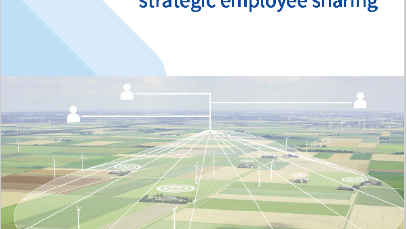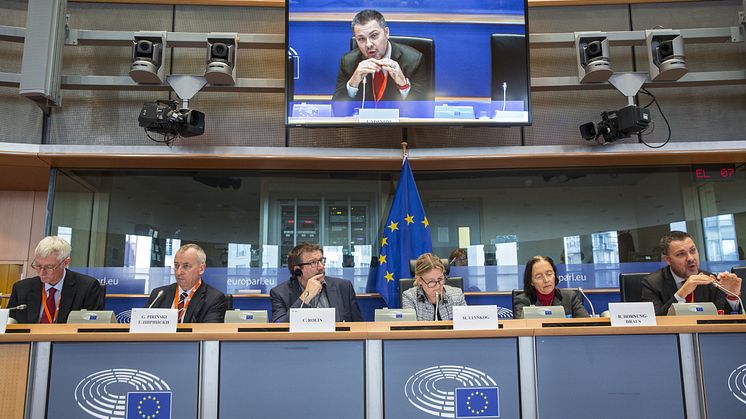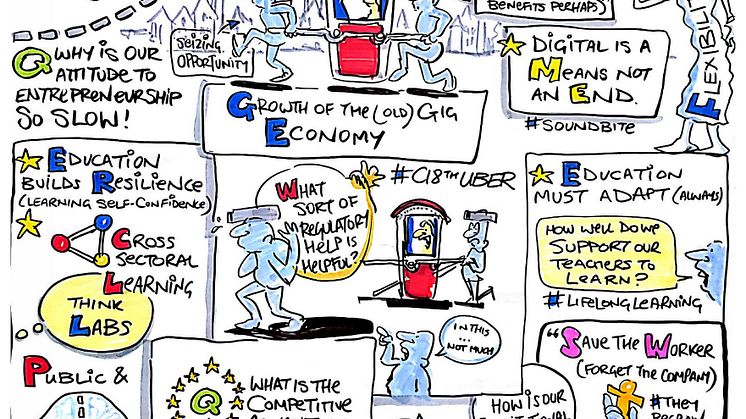Developing potential of strategic employee sharing
The European labour market is still largely dominated by traditional employment forms – permanent full-time contracts, or self-employment. However, there is a marked increase in new forms of employment that aim to align employers’ needs for flexibility with workers’ needs for security and stability. Strategic employee sharing provides the opportunity for a group of employers with recurring resourc




















